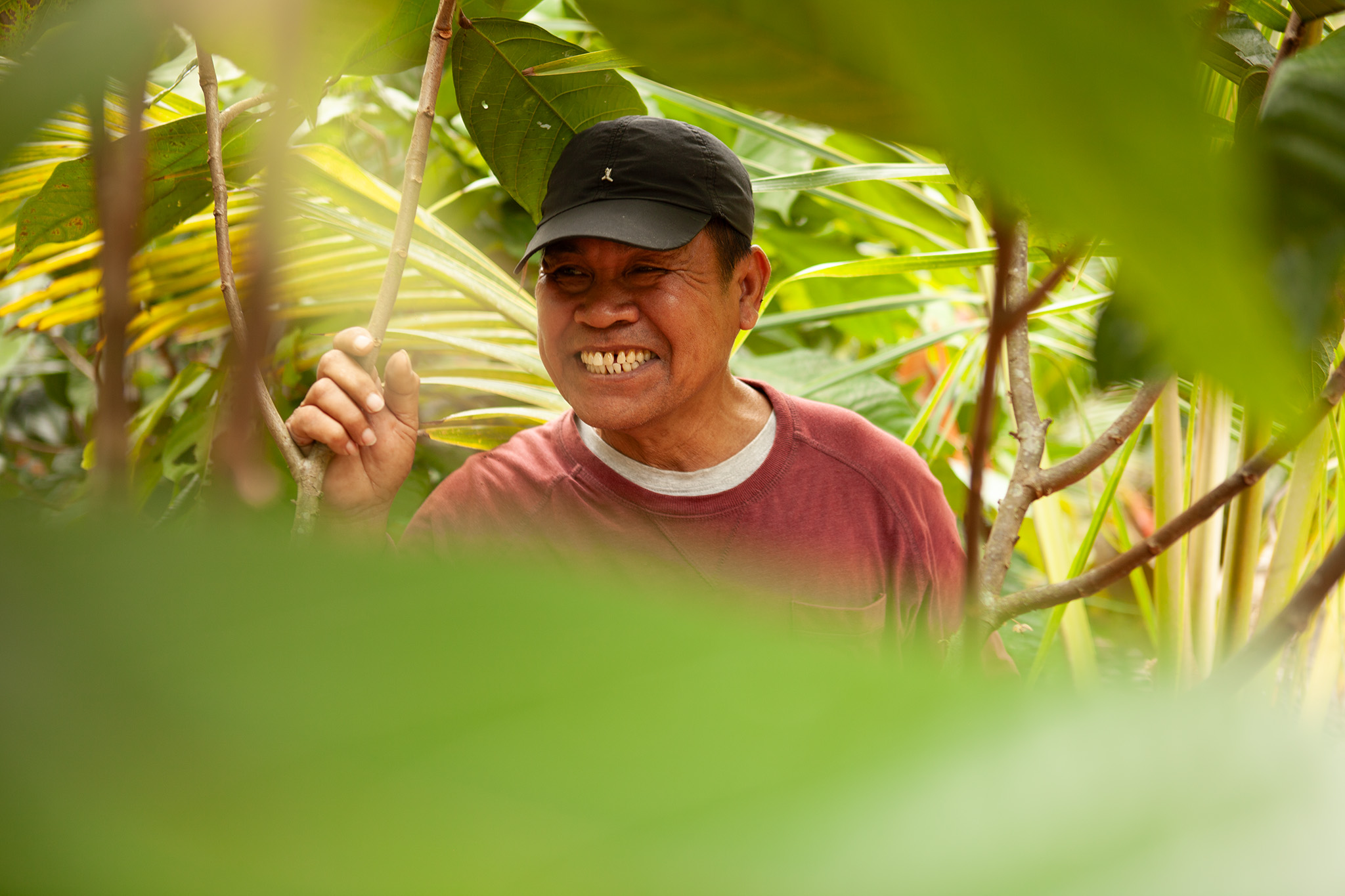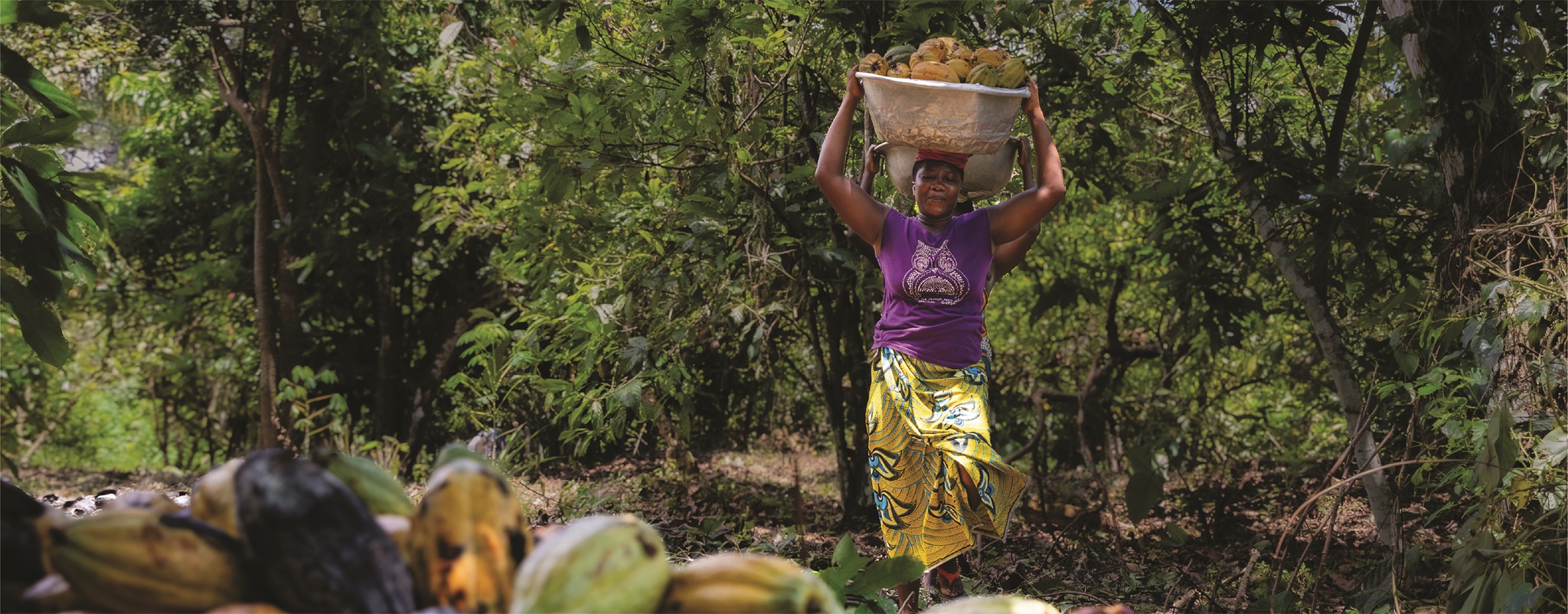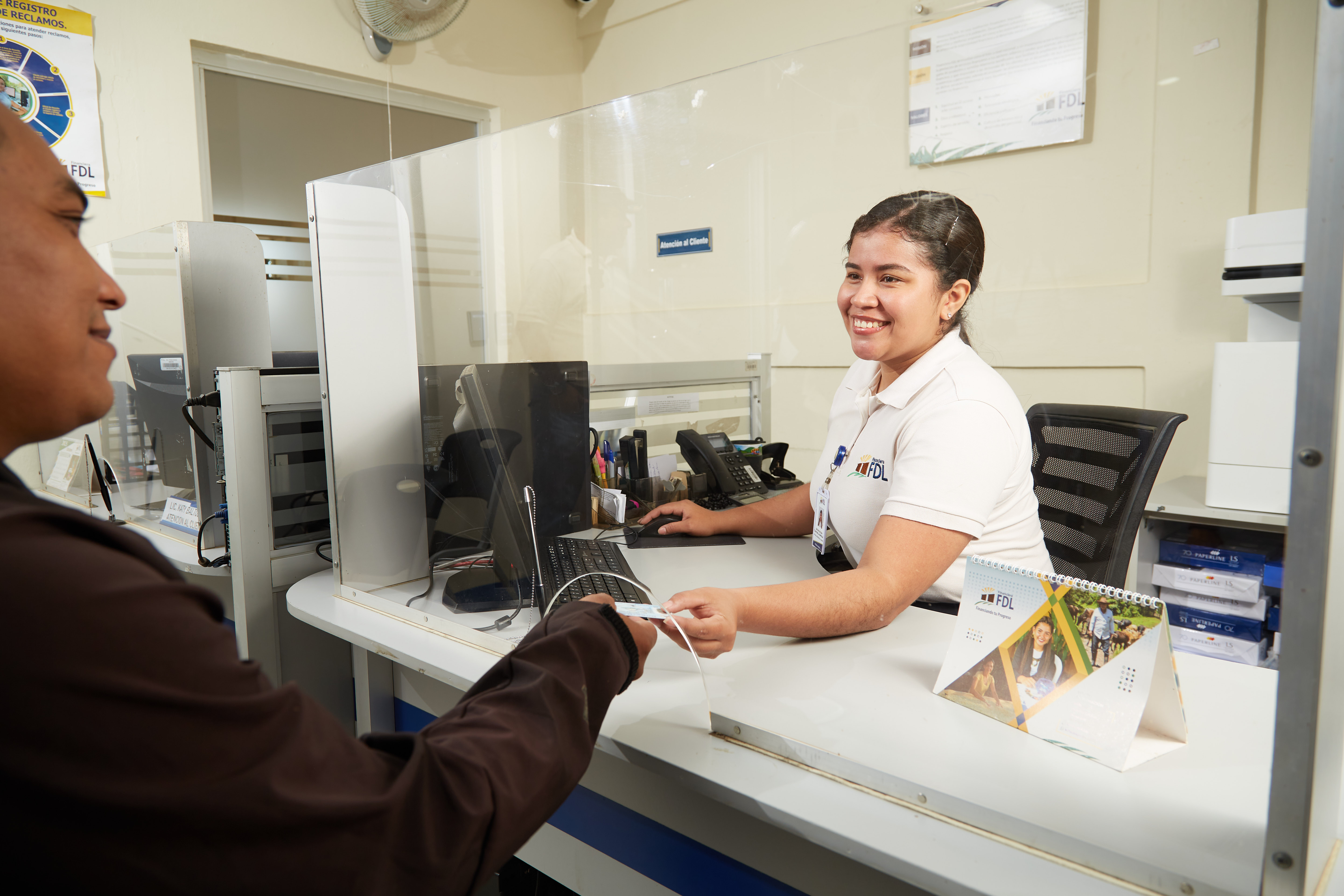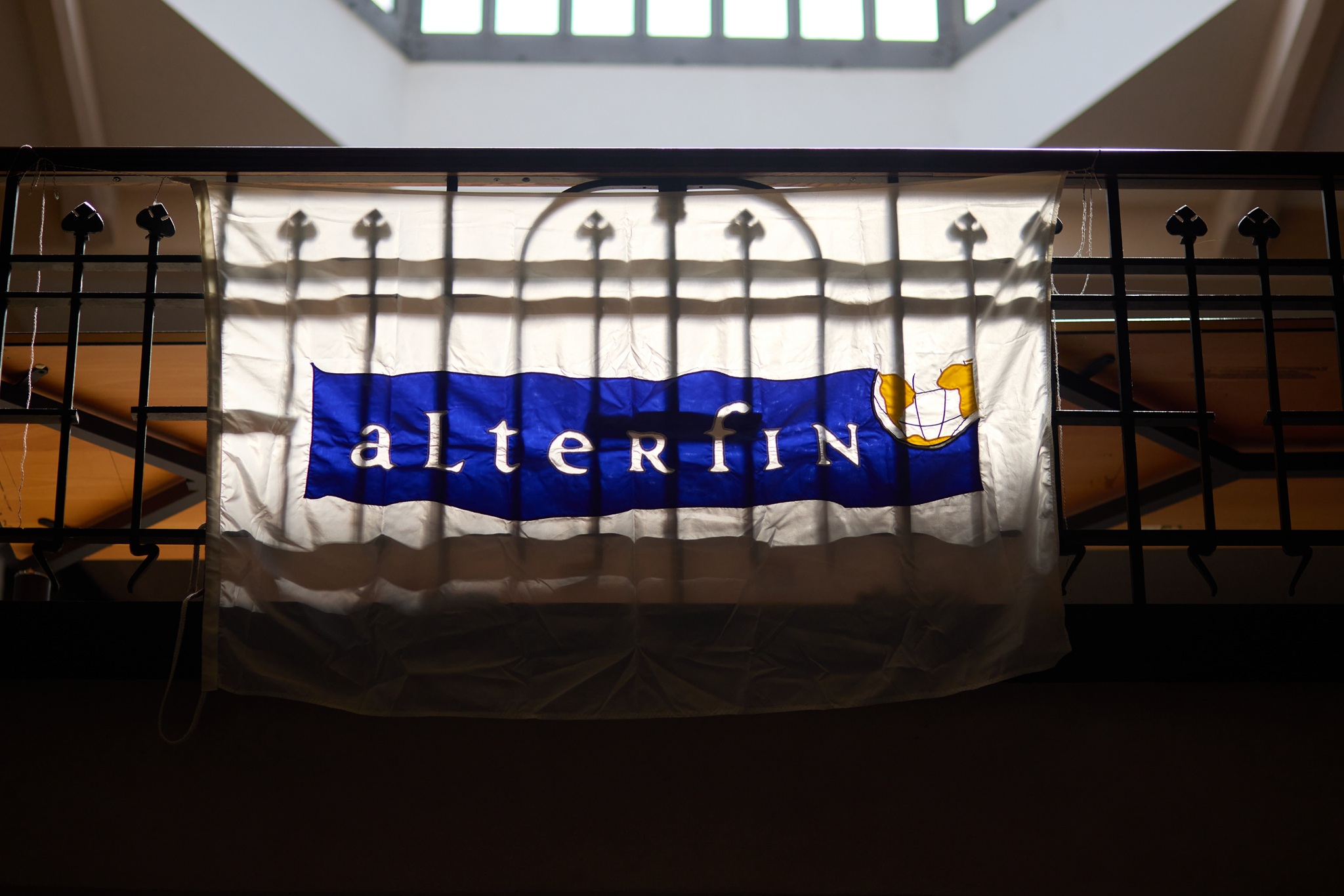
Protecting the Planet, One Landscape at a TimeWith our partner Kennemer Foods
Protecting the Planet, One Landscape at a TimeWith our partner Kennemer Foods
In the Philippines, Kennemer Foods works hand in hand with nearly 20,000 smallholder farmers to transform local agriculture. Understanding the dynamics of the land, building trust with communities, and relying on a network of “Cacaopreneurs” - this is their strategy to spread virtuous farming practices… and reap the benefits.
Founded in 2010 on the island of Mindanao (Philippines), Kennemer Foods began as a cocoa purchasing and processing center.
From the very beginning, the company set one rule: no deforestation; cocoa is grown only on existing farmland. To address soil fertility loss caused by harmful farming practices, the company invested in agroforestry, an ideal system for cocoa trees.
Another core principle: minimal use of pesticides and fungicides, replaced with natural fertilizers produced on-site. Leaves, harvest residues… everything is turned into compost to enrich the soil.
“Our choices are not just driven by a green conscience—they are rational decisions for the sustainability of our business,” says Jonna Bickel, Impact & Sustainability Officer at Kennemer Foods.

‘Holistic’ Is Not an Empty Word
To ensure their cocoa is produced on deforestation-free land, Kennemer has developed a comprehensive traceability system, including geolocation of the parcels under cultivation. Thanks to this, the company is ready to meet the requirements of the European Union’s Anti-Deforestation Regulation (EUDR).
Parcel traceability is essential, but it is not enough: understanding the root causes of deforestation is at the heart of Kennemer’s landscape approach.
“That’s what Kennemer’s landscape approach is all about: understanding how what happens in one place affects the entire territory,” explains Jonna.
“Gradually, you realize that everything is connected. If we want good harvests, we need fertile land. To achieve that, we must stop deforestation and implement sustainable farming practices. And for that, we need to work hand in hand with communities and listen to their needs. Provide them with alternative livelihoods, help them preserve food security. In fact, without a holistic approach, everything falls apart.”

Facilitators, Not Just Buyers
Transforming farming practices takes time and diplomacy. Once farmers are convinced it is in their interest to join Kennemer, they must be trained in the company’s standards and methods.
The ultimate reward: certifications and the premiums that come with them. A long-term effort that Kennemer saw come to fruition for 6,000 of its farmers in 2024, when they obtained, among others, Rainforest Alliance certification.
Decentralization: The Key to Sustainable Growth
Today, Kennemer Foods has grown significantly, notably thanks to the support of Alterfin, which, recognizing its potential, became its first international lender in 2018. Kennemer Foods has diversified its offerings to strengthen farmers’ resilience: in addition to cocoa, which is primarily an export product, it now markets fruits and vegetables for the local market. The company aims to grow from 20,000 partner farmers today to 100,000 in the coming years.
Of course, this requires decentralizing certain stages. For example, cocoa bean drying at Kennemer is primarily done in solar-powered dryers - a more ecological solution that greatly improves quality and taste.
Kennemer Foods now operates five central solar facilities, supplemented by small units managed by the communities themselves. “As distances became too great, we could no longer wait to transport cocoa beans here for drying,” explains Jonna.
This decentralization also extends to knowledge sharing: Kennemer is developing a network of “Cacaopreneurs,” ambassadors who promote the company’s recommended sustainable farming practices within local communities.

Sustainable Agriculture as a Pathway to Shared Prosperity
In this way, one landscape at a time, one farmer at a time, Kennemer is spreading an agriculture in Mindanao that reconciles people, the economy, and nature.
And this is exactly what Alterfin has been proving for 30 years with its partners and cooperative members: protecting the planet is not a barrier to development - it is a condition for it.
TestimonialS
FAQ title
FAQ description
more news from alterfin
DIDN't find what you're looking for?
Read our FAQs or contact us.








